As the year 2022 winds down there are apprehensions in the air as to how 2023 will look like in various areas in Nigeria with regard to issues and events coming up and how they will likely define the socio-economic and political landscape.
In this article, we will highlight four major issues that will shape Nigeria in 2023 in the areas of politics and economy.
Join our WhatsApp Channel1. 2023 General Election
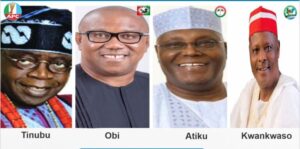
Right from the primaries of various political parties which held between April and June 2022, the political atmosphere has been gathering momentum ahead of the 2023 General Election which is set to be another defining moment in Nigeria’s political history.
The 2023 General Election will involve elections for positions in both federal and state levels. According to the Independent National Electoral Commission (INEC), 18 registered political parties are going to participate in the elections at various levels.
While the Presidential and National Assembly elections will be held on February 25, 2023, that of governorship and State Assembly elections are scheduled for 11 March 2023.
In line with constitutional requirement, election of a president and vice president is done using what is called “modified two-round system.” It specifies that to be elected in the first round, a candidate must receive a majority of the vote and over 25 per cent of the vote in at least 24 of the 36 states in the country including the Federal Capital Territory. If no candidate passes this threshold, a second round will be held between the candidates who emerge tops in the first round and the next candidate to have received a plurality of votes in the highest number of states will emerge as winner.
INEC has through the Electoral Act and its policy guidelines for elections, introduced series of reforms in the electoral process to make it transparent and credible. Key among the reforms is the deployment of technology for voter accreditation and real-time transmission of election results to INEC IReV portal on election day.
Currently, the presidential election seems like a three-horse race between the All Progressives Congress, Bola Ahmed Tinubu; the Peoples Democratic Party (PDP) candidate, Atiku Abubakar; and the Labour Party’s Peter Obi. Another candidate that is also popular is Rabiu Musa Kwankwaso of the New Nigeria Peoples Party (NNPP).
Some of the pre-election opinion polls published so far have suggested the possibility of having a rerun based on the spread of support base of the candidates. The nation’s president, Muhammadu Buhari, has repeatedly declared his wish to bequeath a legacy of transparent and credible elections.
The candidates have so far in the campaigns which started on 28 September 2022, engaged in issue-based campaigns talking about their plans to reform ailing sectors of the nation’s economy such as power, health, education, and general issues of corruption, among others.
Whoever that emerges winner in the election, will with his ideology and policy plans determine the direction and how the nation’s socioeconomic ship would be steered for the greater good of the citizens amidst the prevailing realities, at least for the next four years.
2. Removal of Fuel Subsidy

For about a decade now, the Nigerian government has been tinkering with how to handle the issue of petrol subsidy. The subsidy was a policy that the government of former President Olusegun Obasanjo came up with to reduce the cost of imported petroleum product, especially Premium Motor Spirit (PMS), when the nation’s refineries became somewhat moribund and unable to produce enough quantity that could meet local demands.
The nation produces crude oil and exports through the Nigeria National Petroleum Company Limited and import refined oil for local consumption.
There was attempt to remove the subsidy during Dr Goodluck Jonathan’s regime but was met with stiff opposition. However, looking at the heavy sums of money spent currently to subsidise cost of the product, the government has decided to remove it starting from 2023.
In April 2022, the national assembly approved upward review of the budgetary provision which shut up fuel subsidy spend to N4 trillion. This was because according to the Minister of Finance, Budget and Planning, Zainab Shamsuna Ahmed, provision for subsidy was only made for months of January to June as the government had plans to remove the subsidy in June 2022, but due to outcry by Nigerians and plan of showdown by the Nigerian Labour Congress to protest the removal, the government rescinded its decision.
The Finance minster in July 2022 said Nigeria could spend up to N6.72 trillion on subsidy in 2023. She said the government will do away with all subsidy payments latest by June 2023.
According to the Medium-Term Expenditure Framework, the government has proposed to spend N3.3 trillion on fuel subsidy payments from January to July 2023.
The removal would mean a lot economically. Economic experts have said that removing the subsidy would be in the greatest interest of the economy in the long run to cut off the heavy spend on it even though it will introduce interim sharp spikes in prices of commodities as price of fuel will go up.
A 2022 banking sector report by Afrinvest West Africa released recently recommended the subsidy as one of the tough decisions that incoming government need to take as part of measures to cut costs. It expressed optimism that general cost of things, as a direct impact of the removal, will normalise in months later, and urged Nigerians to brace up for the interim impact, while the funds spent on subsidy could be invested in critical sectors to drive inclusive economic growth.
Similar view was also shared by the International Monetary Fund (IMF) which stressed that Nigeria could use the funds spent on subsidy for critical investments in health, education, power and infrastructure among others.
Removal of the subsidy will no doubt bring about deregulation of the downstream petroleum sector and allow market forces of demand and supply to determine prices across the country, perhaps, also moderated by the nature of competition among industry players.
3. Naira Redesign and new Cash Withdrawal Limit
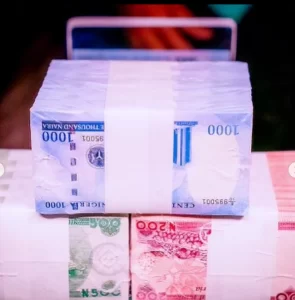
Currency redesign policy introduced by the Central Bank of Nigeria in October 2022, has been generating reactions across the federation since then.
The CBN redesigned N1000, N500 and N200 naira notes which were released into the system on 15 December, with a deadline to phase out the old notes by 31 January 2022. The apex bank said that about 80 per cent of cash in circulation is out of the banking system vault, adding that it is affecting cash management and the economy generally as people keep hoarding it for reasons that have no positive impact.
Also in its effort to further push up implementation of cashless policy, CBN announced a new cash withdrawal limits for individuals and corporate organisations. According to the bank, the withdrawal limit which will take effect from 9 January 2023, will only allow individuals and corporate accounts withdraw N500,000 and N5 million respectively per week.
The policy has been greeted with mixed reactions by the citizens. While some oppose it, others support it, saying that it would curb certain fraudulent acts associated with cash transactions.
The Senate after approving the policy has asked the CBN to extend the deadline for phasing out the old notes to June 2023 to enable citizens, especially those in rural areas meet up and not lose their money.
The naira reissue and cash withdrawal limits will continue to generate reactions and engender some impacts on the economy whether positive or negative depending on the manner of implementation and level of compliance by the citizens.
4. National Population Census
Nigeria’s National Population Commission (NPC) has announced plans to conduct national census in the country after 17 years of the last exercise.
The Federal Government had in April 2022 said it would carry out national population census after the general elections in 2023. NPC said it is targeting to carry out the next one in April 2023, adding that it would deploy high technology in the conduct of the exercise.
Recently, at a capacity building workshop for staff of NPC and National Orientation Agency (NAO), in Lagos, the commission reassured that the 2023 exercise will be Nigeria’s first digital census, adding that it will be most credible than others in the past.
The exercise will measure not just the population of the citizens but the level of development in the country which will help in strategic national planning and proper allocation of resources.
Victor Ezeja is a passionate journalist with seven years of experience writing on economy, politics and energy. He holds a Master's degree in Mass Communication.

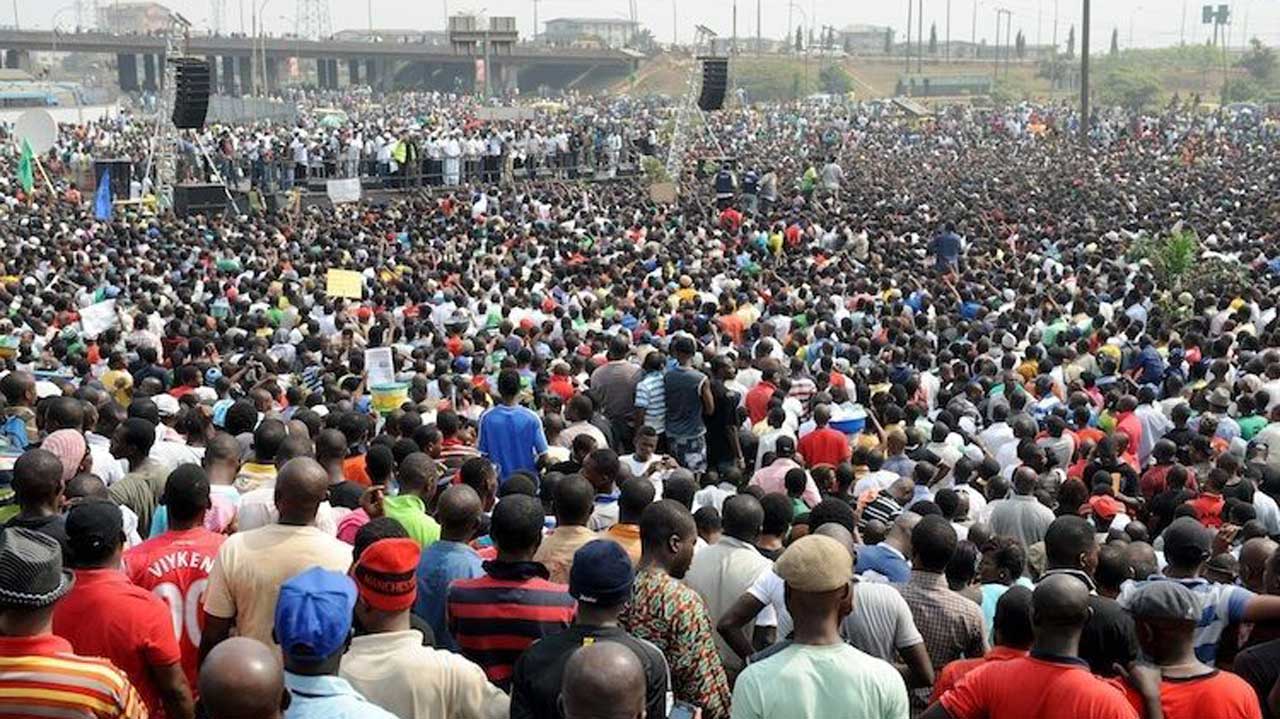


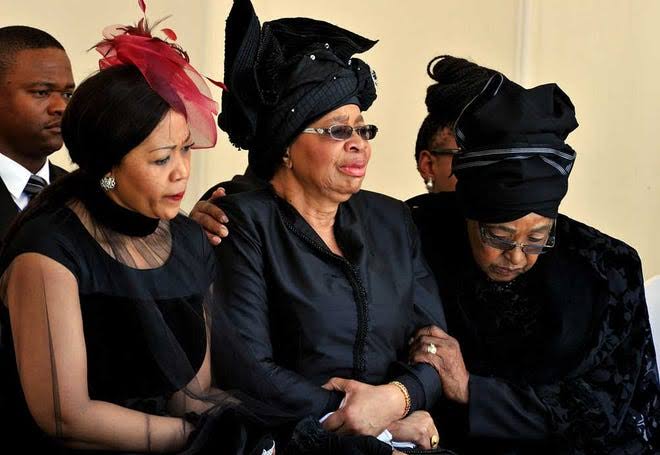









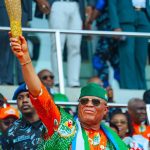
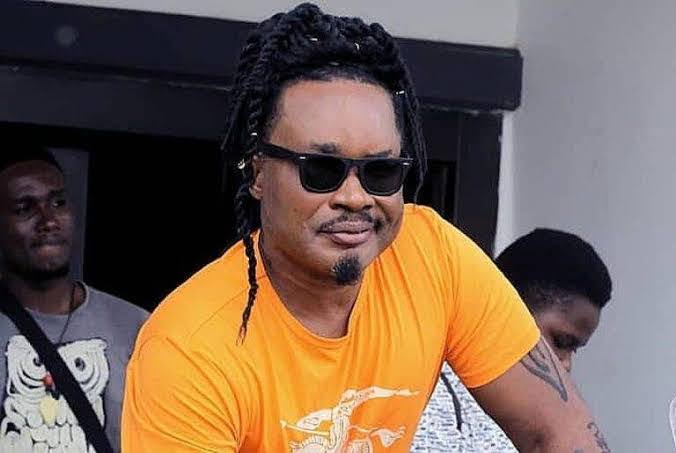

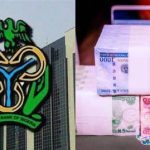
Follow Us